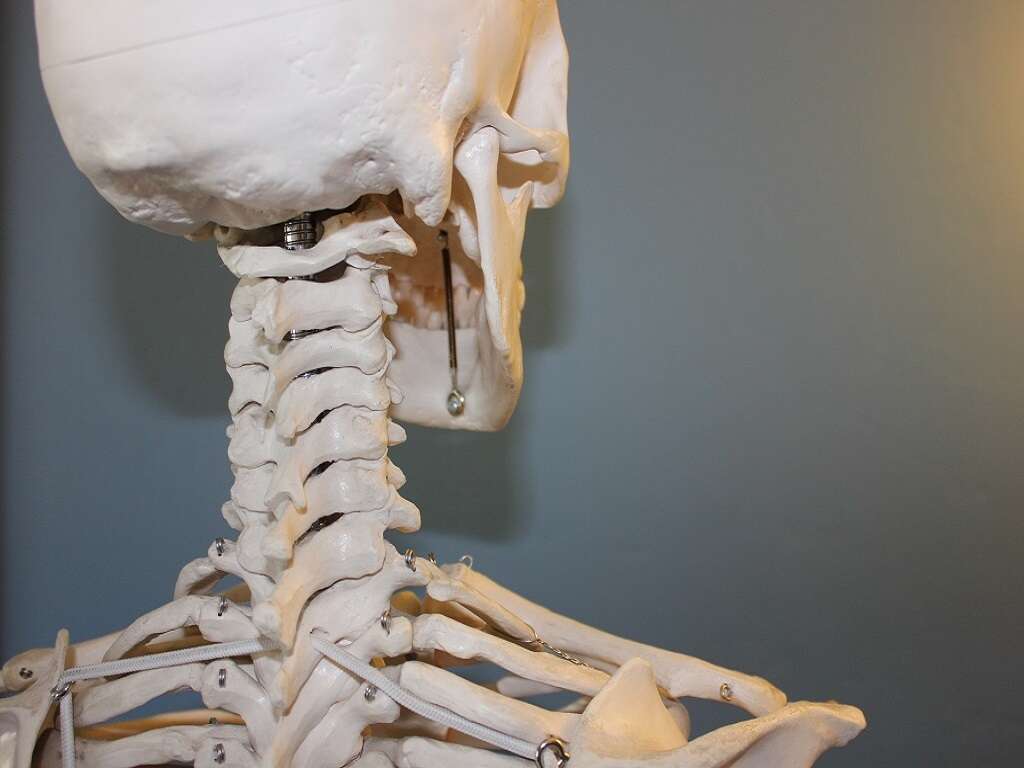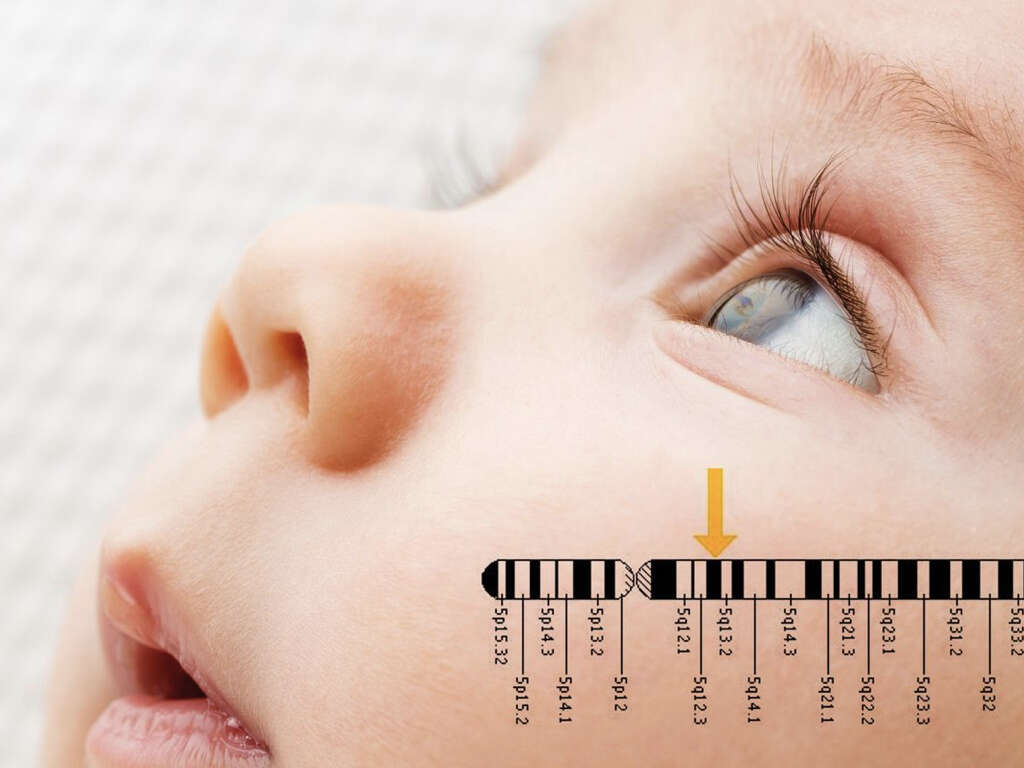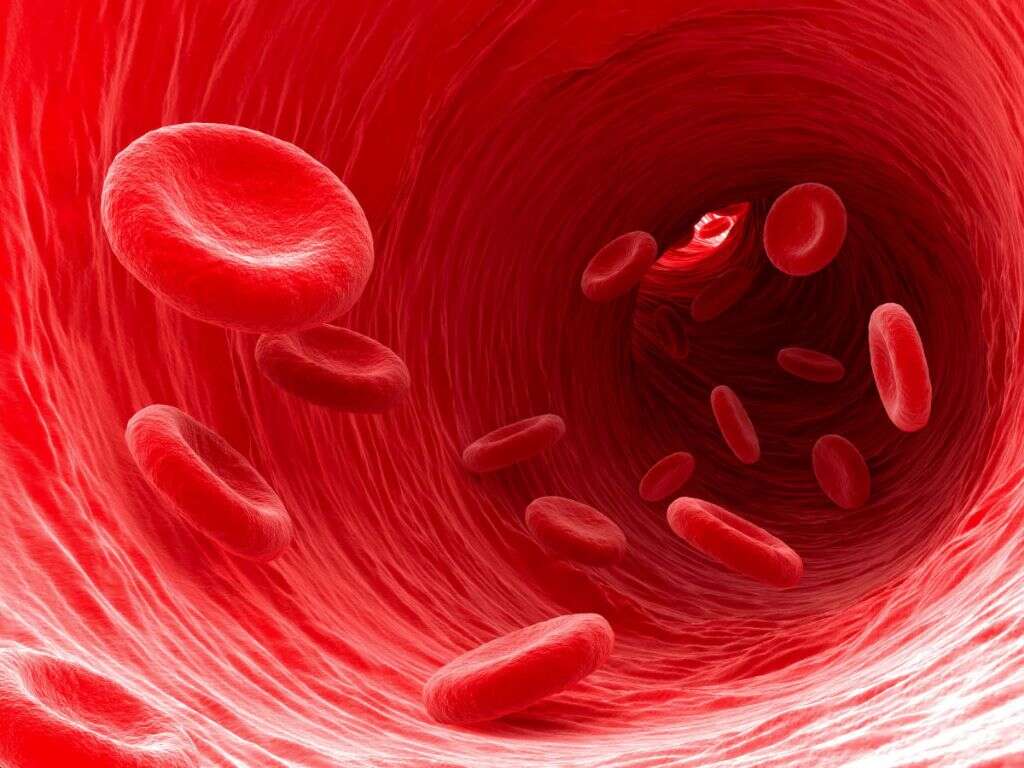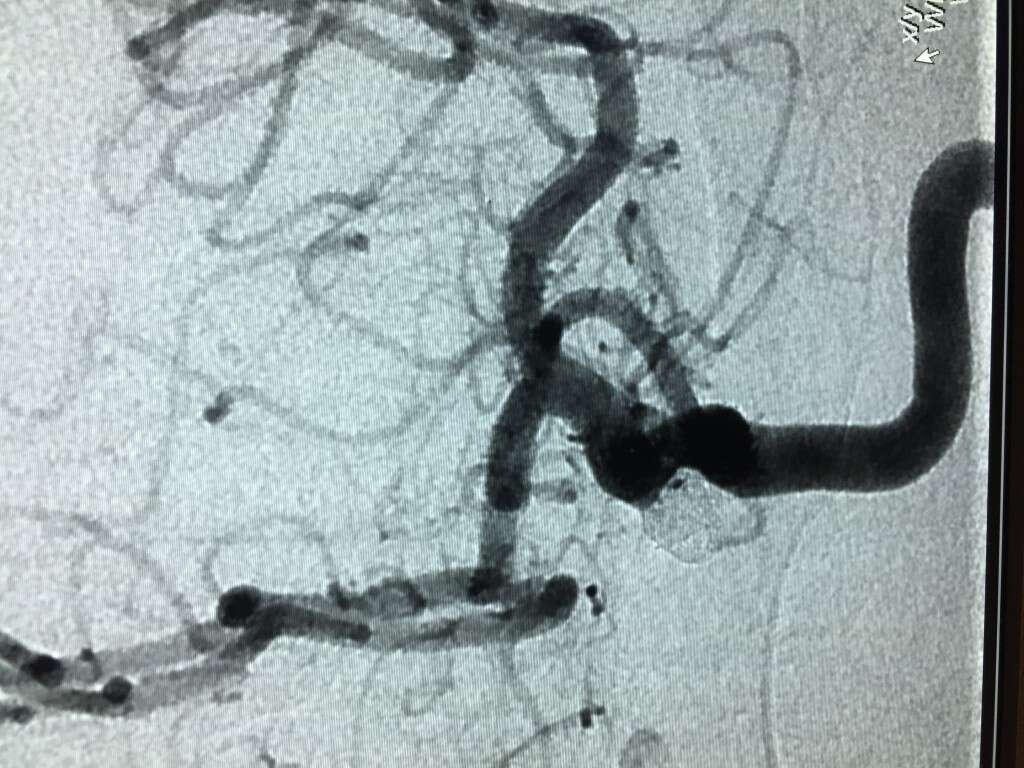10 Causes of a Brain Aneurysm
A brain aneurysm, also referred to as a cerebral aneurysm, is a condition in which a blood vessel in the brain begins to leak or rupture, causing blood to pour out into other areas of the brain. A brain aneurysm can be quite serious and it can be fatal if it is big enough. However, brain aneurysms are actually a fairly regular occurrence and many people experience brain aneurysms without having any symptoms at all. If a brain aneurysm is not identified, however, it can become bigger and pose a more serious threat.
The brain has major arteries that convene in a part of the brain that’s known as the Circle of Willis. This important area is found at the bottom of the brain and is considered the main junction where blood flows to other parts of the brain. Sometimes, however, the junctions of these arteries can grow weak and rupture. An aneurysm can cause a number of symptoms ranging from mild to quite severe depending on the size and intensity of the aneurysm itself. Symptoms can include things like headaches, numbness, vision changes, strokes, or even death.
It’s important to be aware of the things that can contribute to and cause brain aneurysms. In this article, we’re going to outline some of the most common issues that can make a person more susceptible to having a brain aneurysm so you can know what to be aware of.
Cause #1: High Blood Pressure
High blood pressure is often a consistent problem that many people experience. When a person has high blood pressure, their blood vessels are often constricted, causing the heart to have to work harder to push blood through these vessels.
Over the long term, high blood pressure can cause a number of other problems. By damaging the integrity of our blood vessels, they become more likely to rupture or leak out blood. This places a person at a much higher risk of having a brain aneurysm.
Cause #2: Atherosclerosis
Atherosclerosis is a condition in which the walls of the arteries begin to harden. This most often happens if a person has an excessive amount of LDL (low-density, or “bad”) cholesterol building up in their bloodstream. This cholesterol can build up behind the arterial walls where it will then oxidize, making the blood vessels become harder.
This can lead to problems like high blood pressure and can greatly increase the risk of having a stroke or a brain aneurysm. If you have a high cholesterol count then it’s important to make sure that you watch your blood pressure to minimize the risk of having an aneurysm.

Cause #3: Heredity
Another thing that can make a person more likely to develop an aneurysm is heredity. It’s been known for quite some time that some illnesses and conditions are likely to be passed down from parents to children.
There are a number of conditions that can be passed down through genetics that can make a person more likely to have an aneurysm. Chronic high blood pressure, for example, can be passed down through genes and can make someone more likely to have an aneurysm.
Cause #4: Head Trauma
If you have experienced some sort of serious trauma in the head, such as an injury from blunt force or from a fall, you may have compromised some of the blood vessels or the structure of your skull.
Either of these things can impact blood flow to the region and can make a person more likely to have an aneurysm.
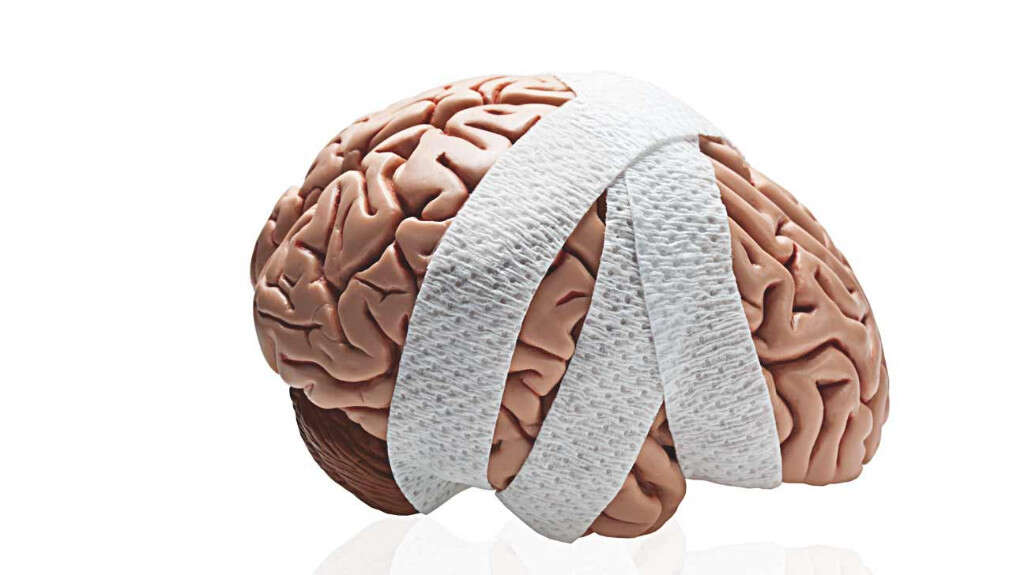
Cause #5: Prescription Drug Use
There are many prescription drugs that are known to raise blood pressure. Antidepressants, ADHD medications such as amphetamines, sleeping pills, and many other forms of medication are known to have an adverse effect on a person’s blood pressure.
If you’re going to take prescription medication, it’s important that you get checked up frequently to ensure that your blood pressure and other vitals are stable.
Cause #6: Illegal Drug Use
Many illegal drugs are known to contribute to physical ailments and can contribute to the development of an aneurysm. This is particularly true of stimulating drugs like amphetamines or cocaine, both of which are known to raise blood pressure a significant amount.
The main issue posed by illegal drug use is that users are not following a prescribed dosage regime. It can be hard or impossible to determine which doses are going to contribute to serious or long-term problems, and few drug users are eager to go to the doctor to get checked up on the symptoms of their habits.

Cause #7: Infection
It’s possible to develop an infection in the walls of your arteries.
If this occurs in the brain, it’s possible that the infection will lead to inflammation or other issues leading to the development of a brain aneurysm. This condition is known as a mycotic aneurysm.
Cause #8: Tumors
If you have developed a tumor in the brain, then it’s possible that it could contribute to the development of a brain aneurysm.
Tumors can push up against the walls of our blood vessels, increasing blood pressure and limiting the flow of blood. If this occurs over a long period of time then it’s possible that the walls of these arteries will begin to weaken and eventually leak or burst, causing an aneurysm.
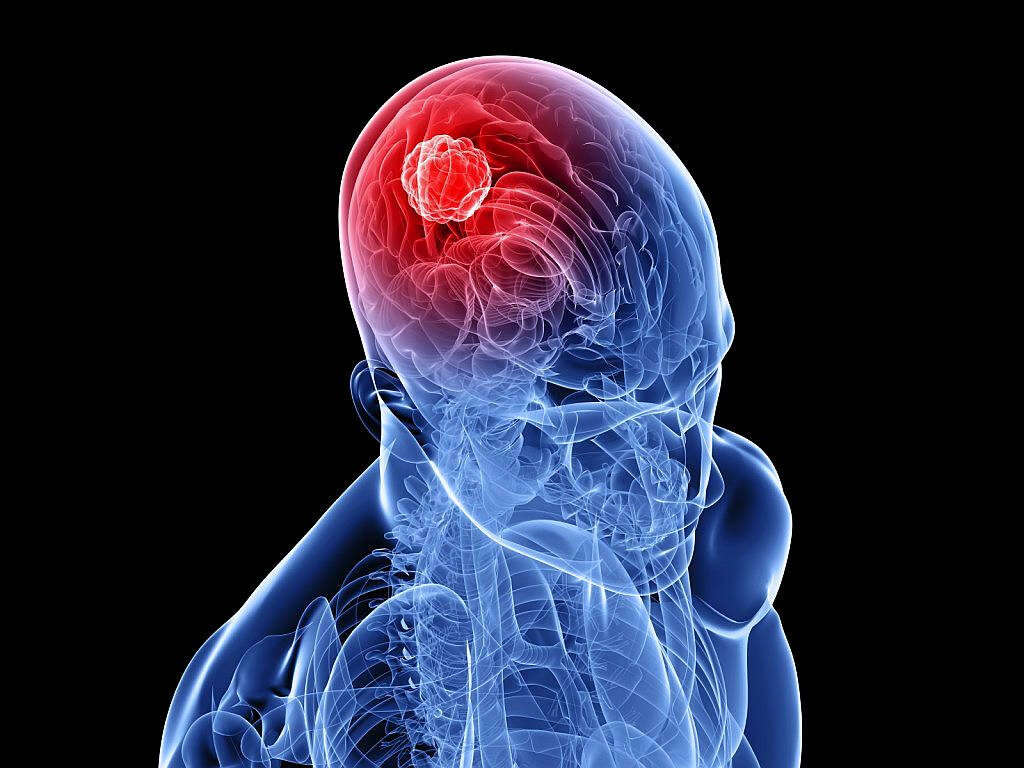
Cause #9: Smoking
Despite its prevalence, smoking is one of the biggest contributors to high blood pressure in the world. Smoking is a central nervous system stimulant and it raises your blood pressure, making it harder for your heart to effectively supply your brain and other organs with blood.
This constant strain on your blood vessels will eventually lead to them weakening. This can make you more susceptible to developing a brain aneurysm, especially if you have smoked for many years.
Cause #10: Alcohol Abuse
While it’s been known for some time that a glass of wine in the evening can actually contribute to your health, alcohol abuse is an entirely different story.
Long-term alcohol abuse can have drastic effects on your health and can put a lot of strain on your cardiovascular system. This, in turn, can make you more likely to have a brain aneurysm.




